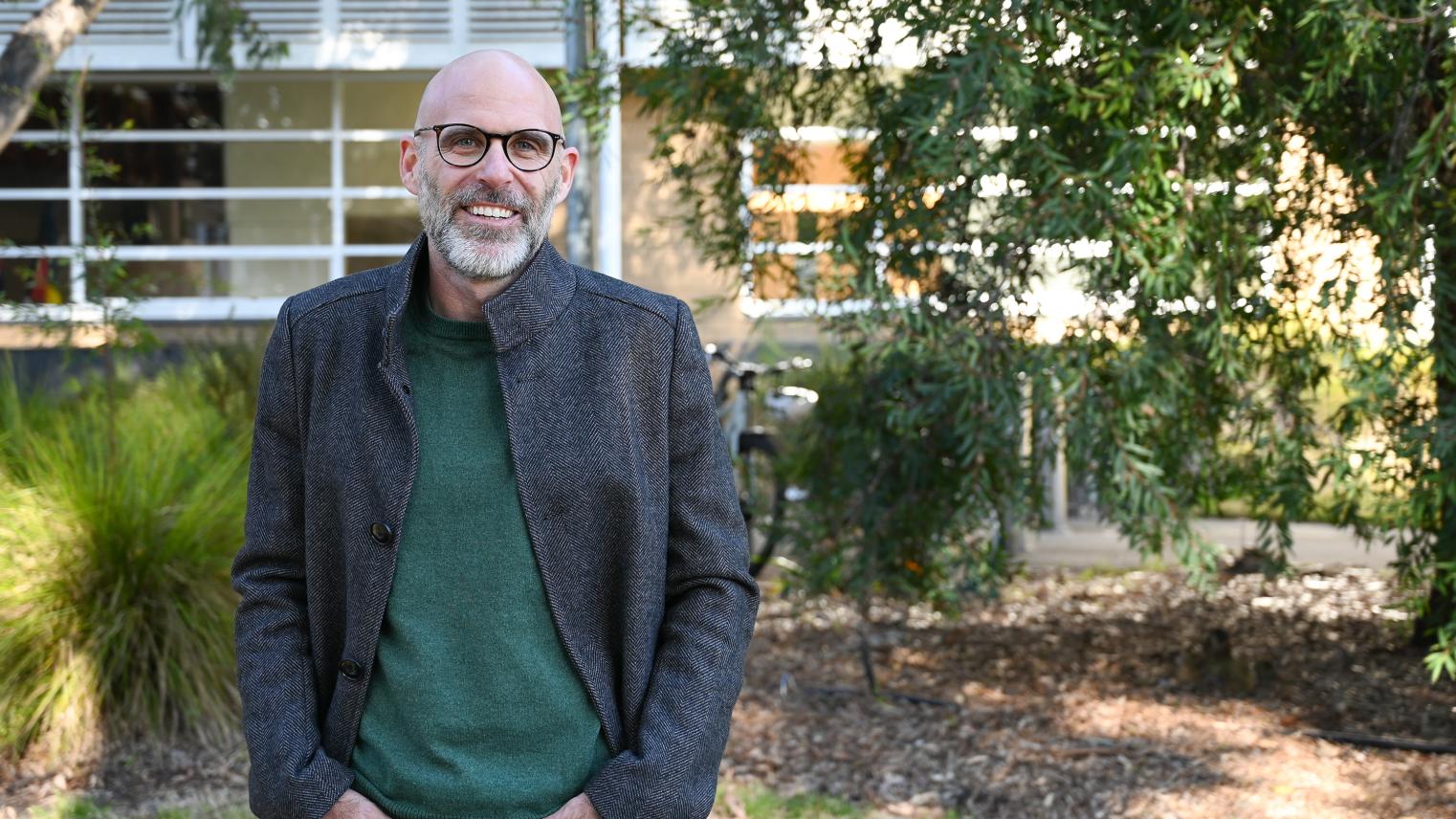Meet Nick Bainton, RegNet's new Associate Professor

Nick Bainton has recently joined the Australian National University (ANU) School of Regulation and Global Governance (RegNet) as an Associate Professor, bringing with him a wealth of experience and a strong dedication to examining the impacts of large-scale resource extraction in places like Papua New Guinea (PNG). His work, particularly in the ‘anthropology of mining’, has made significant contributions to the field over the past two decades.
“I’ve maintained a deep focus on PNG and the wider Pacific where the extractive industries loom large, and where the regulatory and governance failures surrounding these activities routinely harm local lives and environments,” he said.
In recent years, I have begun to think about these issues at a global scale, especially the ways in which the demand for critical minerals for an energy transition is giving the mining industry a bit of a free ticket and providing justification for more mining.
Initially trained as an anthropologist, Associate Professor Bainton’s journey into the world of large-scale resource extraction began in PNG where he first embarked on a mission to understand how local customary landowners made sense of ‘mining capitalism.’ Before this, back when he was a lot younger, he had an opportunity to go to PNG as a volunteer worker.
“After a couple of years, the place was thoroughly in my blood, and I knew I had to find a way to keep coming back to the Pacific,” he recalled. With a bit of life experience under his belt, anthropology began to make more sense.
“It intuitively felt like a form of grounded philosophy, but with people in it,” he explained. So, he completed his undergraduate studies and then embarked on a PhD.
His interest led him to the Lihir islands, where he spent 18 months living in a bush material house in a small village. Immersed in the daily lives of the local people, he observed how their customary norms and practices were changing in response to the development of a massive gold mine on the island. At the same time, he spent a good deal of time inside the mining fence engaging with company and government agents to understand how they made sense of their work and the impacts of the mine. Twenty years ago, this kind of ‘corporate ethnography’ was much less conventional.
His current research projects delve into the intersection between climate change and mining. He is particularly drawn to understanding how the extractive industries undermine local capacities to manage climate change impacts and achieve sustainability and justice. This issue is especially pronounced in the Pacific, where the legacies of extraction and the threat of climate change combine to create complex patterns of harm.
"I’ve been playing with the concept of ‘double exposure’ to climate change and extractive capitalism," Associate Professor Bainton explains.
It helps me think about the feedback loops between the problem of runaway climate change and the dominant solution, where the call for a rapid transition to renewables justifies new forms of extraction, like seabed mining in the Pacific for example, to supply raw materials for supposedly ‘cleaner’ and ‘greener’ energy-systems.
Associate Professor Bainton is enthusiastic about this new role at RegNet and the ANU College of Asia and the Pacific. He is particularly excited about the depth and quality of scholarship at RegNet and the opportunity to collaborate with colleagues working on similar issues in the Pacific region.
"The timing feels right to join the ANU," he said. "I’m looking forward to growing a larger program of work dealing with the pressures of resource extraction in our region and the broader questions about the relationship between the material substrate of our contemporary lives and future sustainability."
Associate Professor Bainton sees RegNet as an ideal intellectual home, given its focus on regulatory and governance issues and interdisciplinary research. He hopes to bring his extensive experience and insights to the College, contributing to a robust and dynamic academic community.
Outside of his academic pursuits, he maintains a healthy work-life balance. He has a deep love for the ocean and surfing, which has taken him to various Pacific locations over the years.
"Although I’m pretty wobbly on the board these days, now that my kids are little bit older, I love spending time with them in the surf and seeing the joy on their faces,” he said.
“While the surfing has slowed down a lot since we came to Canberra, luckily the mountain bike trails here are fantastic and it is very calming to be surrounded by so much bushland.”
We are excited to welcome Associate Professor Bainton to RegNet and look forward to his valuable contributions and fresh perspectives on his research into mining and climate change.